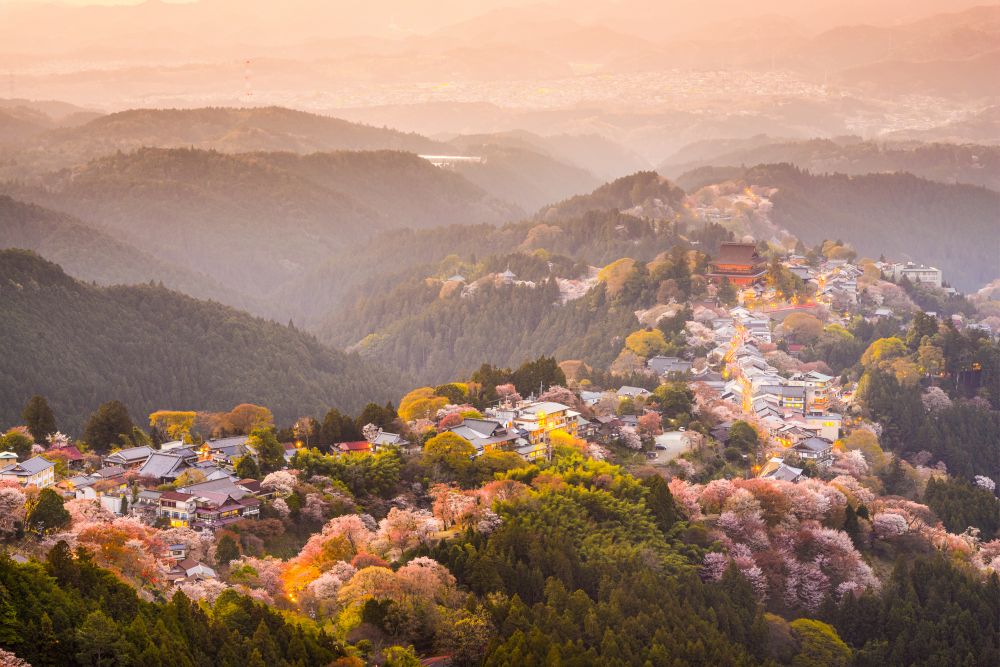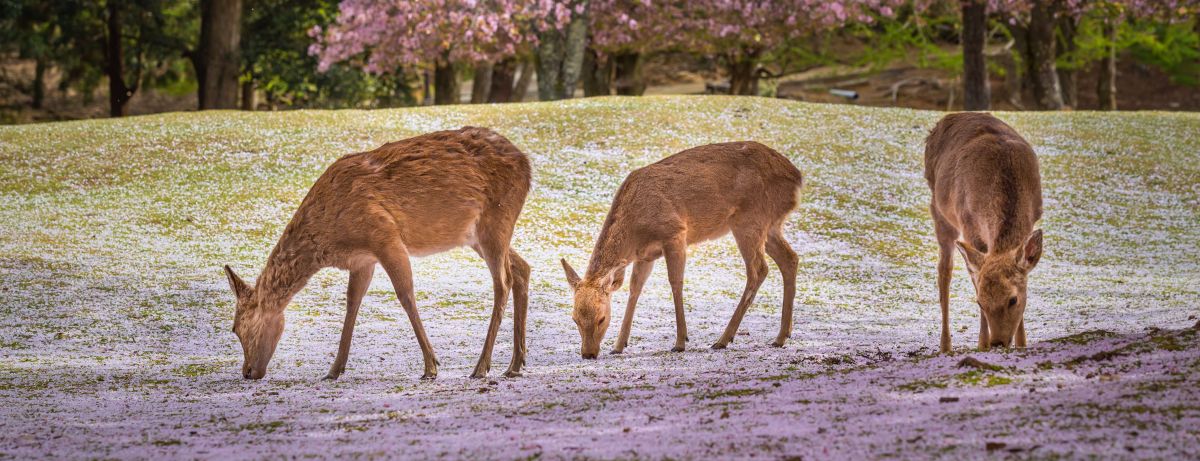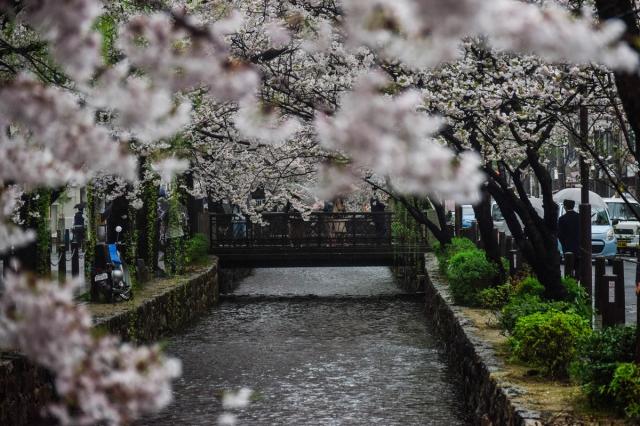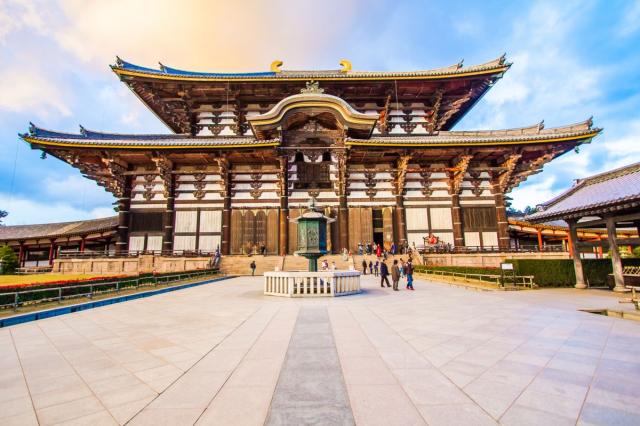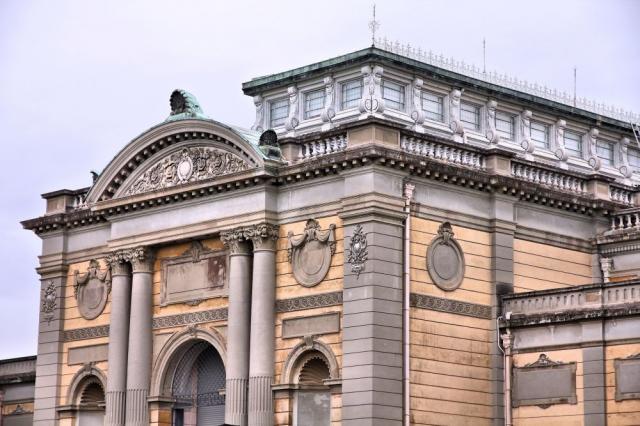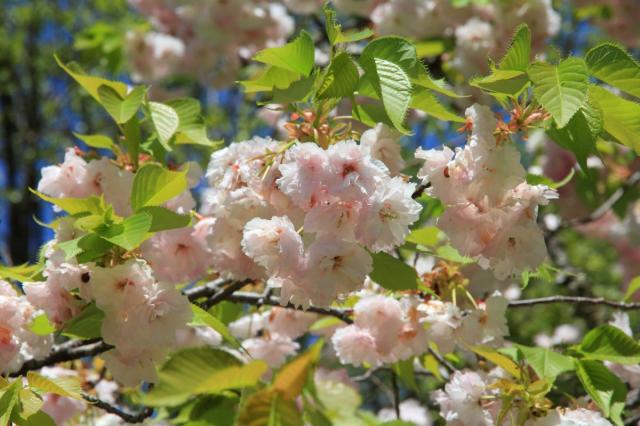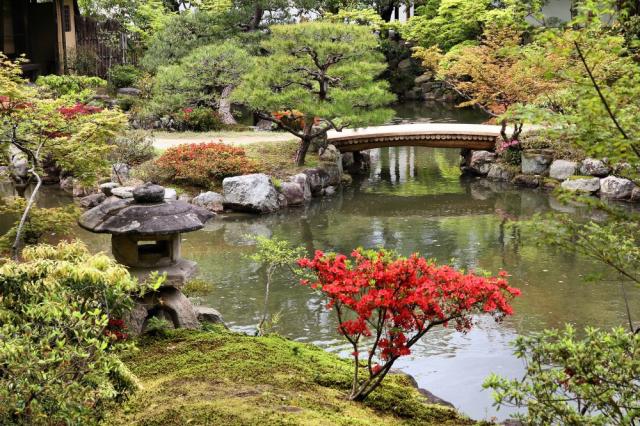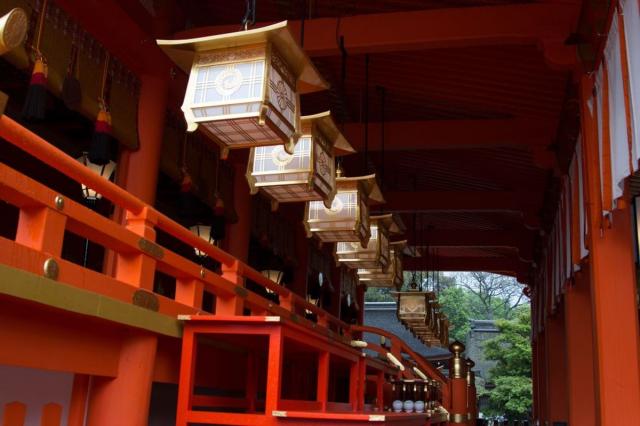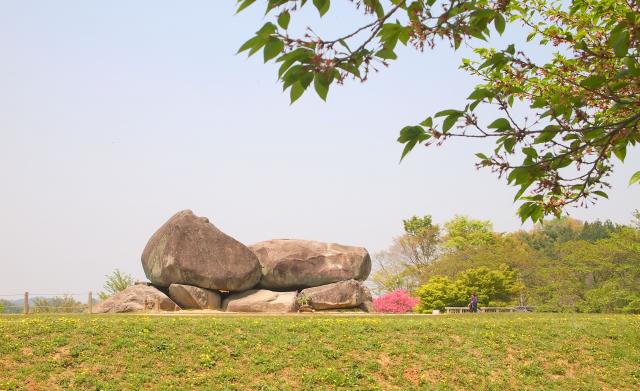Nara, Japan Feb. 21 Fri 3:31AM
The First Capital of Japan
Nara Prefecture is located in the Kansai Region of Japan, and is known as the home of many early emperor palaces, large Shinto shrines, and abundance of wild deer that roam freely through the region. In addition to this, Nara has more UNESCO World Heritage Listings than any other prefecture in Japan and once was the capital of Japan. It has a population of 1,421,310.
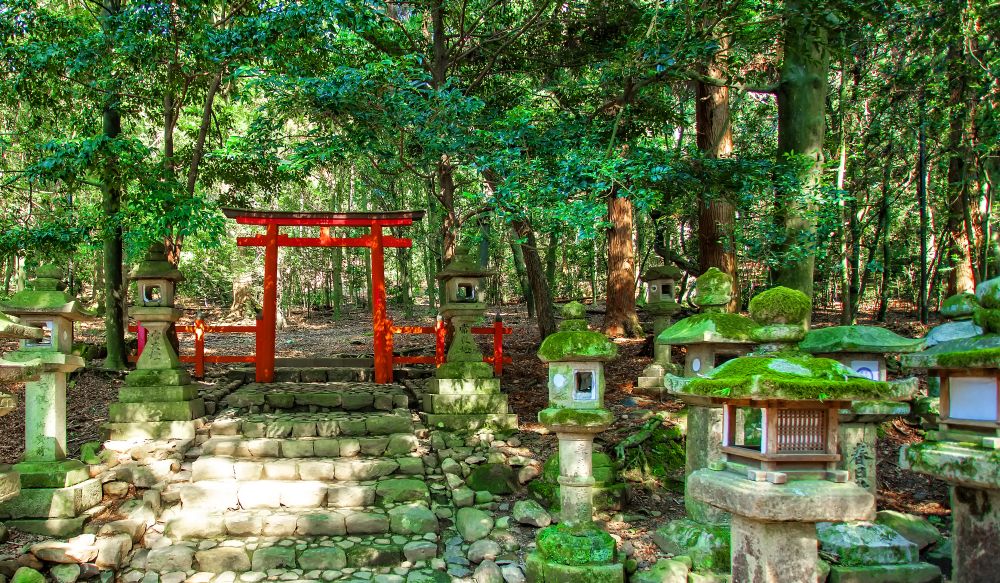
Nara Prefecture was originally known as Yamato Province before it gained independence from Osaka Prefecture in 1887.
The Prefecture consists of twelve cities: Gojō. Gose, Ikoma, Kashiba, Kashihara, Katsuragi, Nara, Sakurai, Tenri, Uda, Yamatokōriyama, and Yamatotakada.
Nature
17% of the total land mass of Nara is recognized as National Park land, which is perhaps why so many deer inhabit the area.
Most of the deer that roam the area come from Nara Park, and are considered by many to be messengers of the Shinto gods. They are very peaceful creatures and can be fed with the deer crackers sold at many stands throughout the park.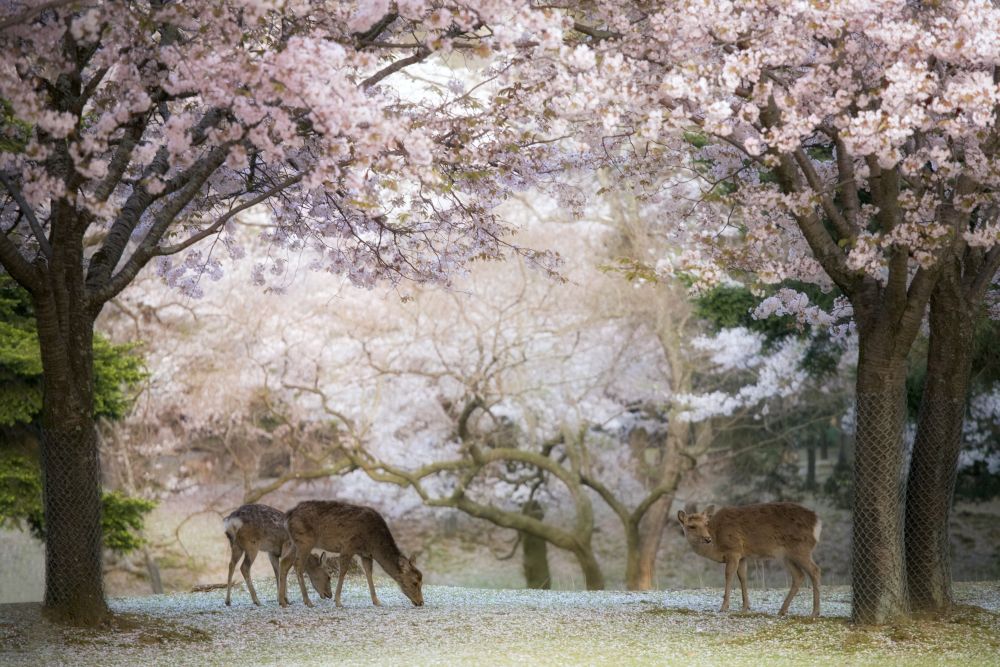
Cuisine
Nara is known for its narazuke (pickled vegetables), miwa somen (wheat noodles), chagayu (rice porridge made with green tea), kakinoha zushi (sushi wrapped in persimmon leaves), and meharizushi (rice balls wrapped in picked takana leaves).
Arts
The Takayama Tea Whisk is recognized by the Minister of Economy, Trade and Industry as a traditional art of Nara. This tool is used to mix powdered tea with hot water. It is carved from a single piece of bamboo, and quickly become worn or damaged with use so need to be periodically replaced.
The other recognized traditional art of Nara is the Nara Calligraphy Brush. Calligraphy is an incredibly esteemed art throughout Japan, and involves a scrupulous process. Water is poured into inkstone and an inkstick is ground against it, creating a liquefied ink with which to write. Often paper is placed on the ground when calligraphy is done as a performance art.
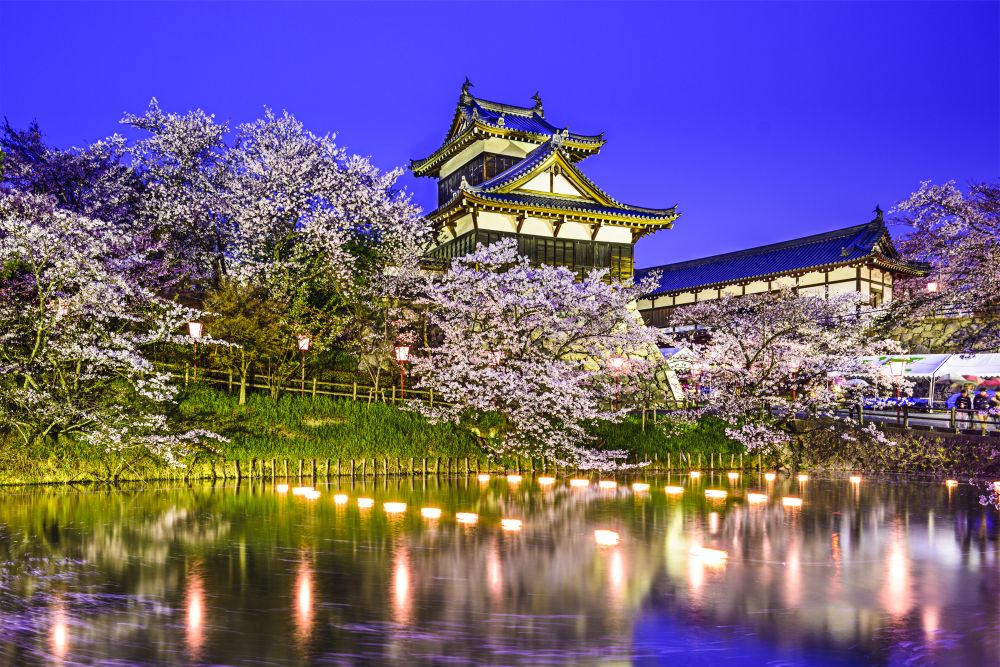
Temples and Shrines
Nara has many renowned Buddhist temples and Shinto shrines that are home to spectacular artifacts. In Nara you will find the largest bronze Buddha statue in the world, the oldest temple in Japan, the second tallest pagoda in Japan, and a plethora of cultural properties that are designated official National Treasures by the Agency for Cultural Affairs.
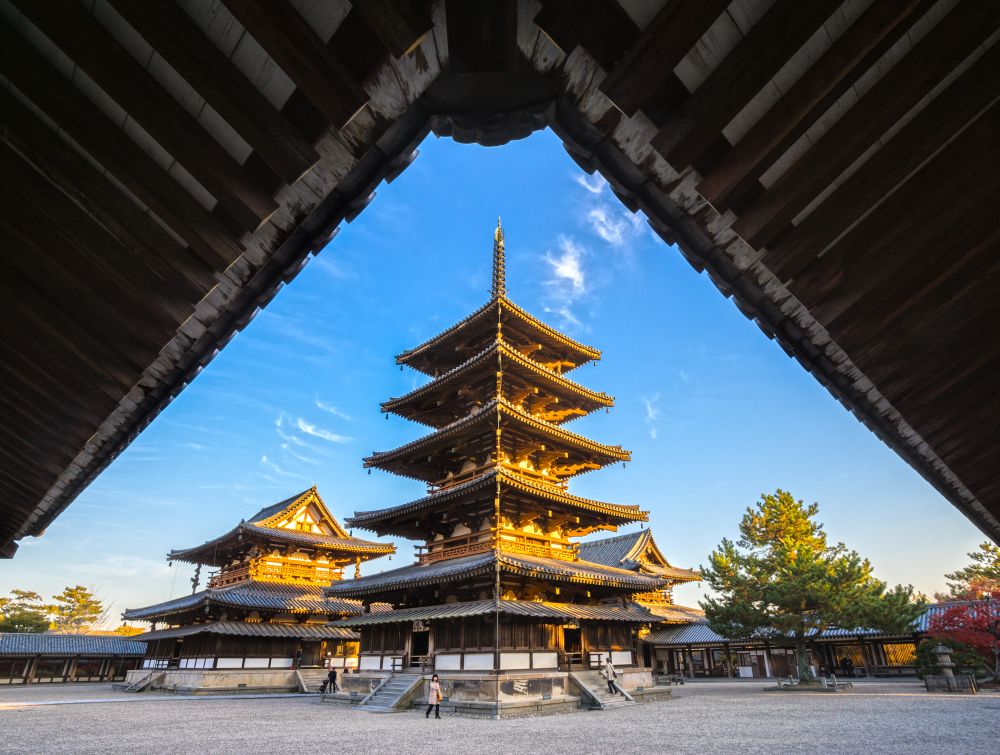
World Heritage Sites
As aforementioned, Nara hosts more World Heritage Sites than any other prefecture in Japan. They are comprehensively listed below.
Buddhist Monuments in the Hōryū-ji Area
Hōryū-ji
Hokki-ji
Historic Monuments of Ancient Nara
Tōdai-ji
Kōfuku-ji
Kasuga Shrine
Gangō-ji
Yakushi-ji
Tōshōdai-ji
Heijo Palace remains
Shōsō-in
Sacred Sites and Pilgrimage Routes in the Kii Mountain Range
Kinpusen-ji
Yoshino Mikumari Shrine
Kinpu Shrine
Yoshimizu Shrine
Ominesan-ji
